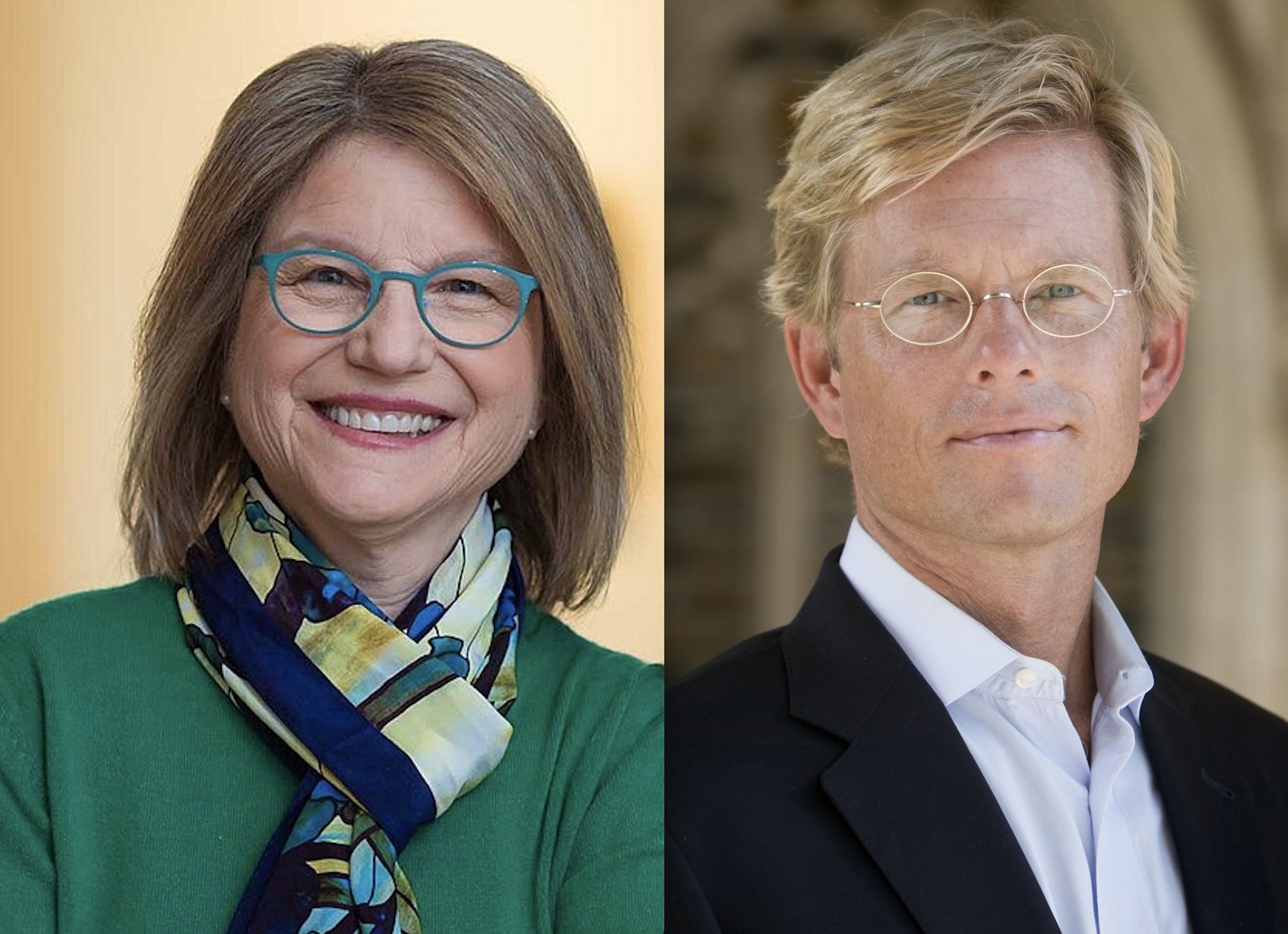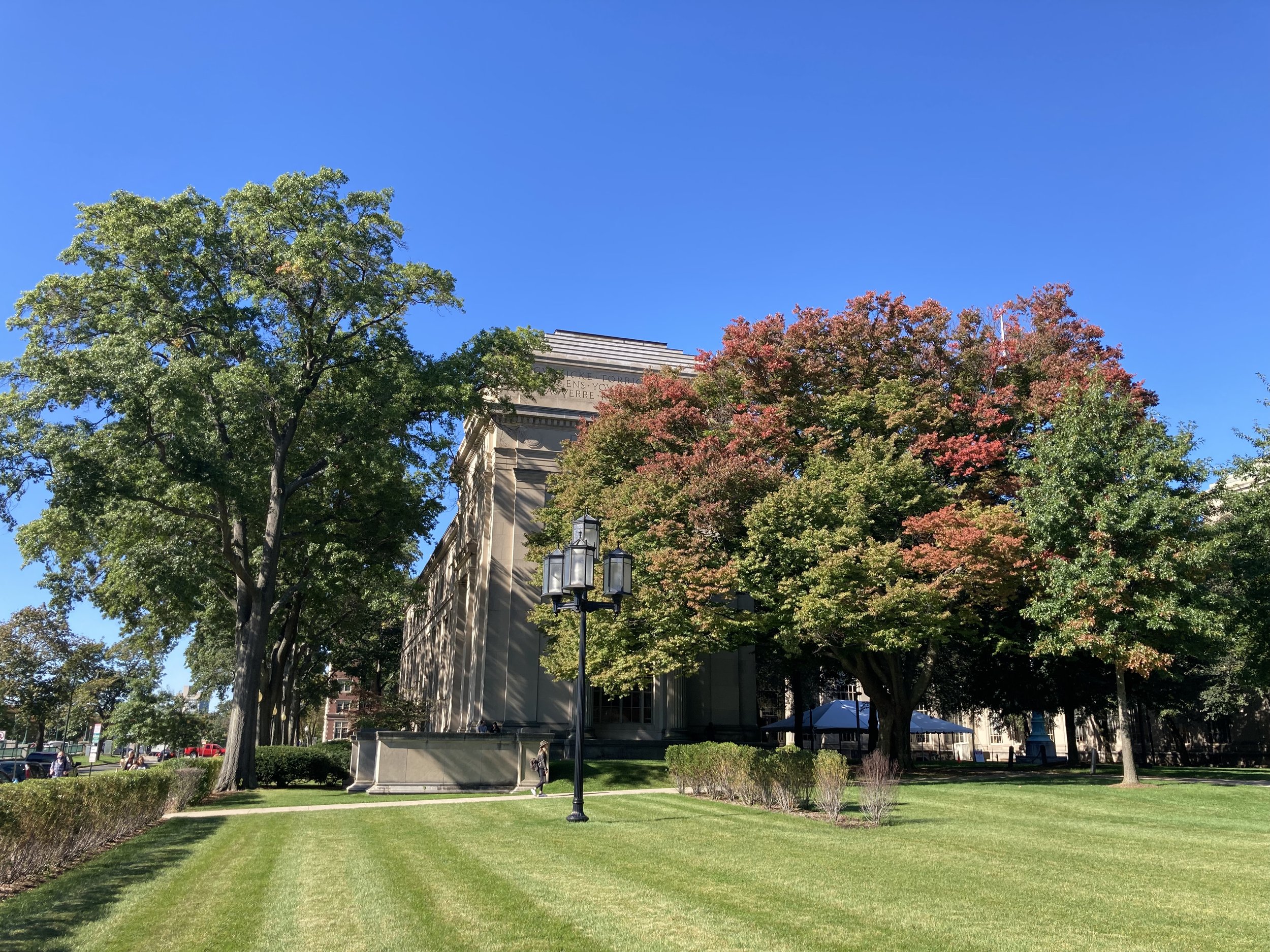
Advancing Hospitality
Learning to talk to each other: Diálogos events
We think that communities like MIT need intellectual hospitality to pursue truth.
We think of intellectual hospitality as the sustained practice of humility, curiosity, openness, and genuine engagement.
In a hospitable community, participants are more eager to listen than to speak, to pursue understanding rather than conflict, and to embrace introspection and self-awareness in balance with self-expression.
This kind of hospitality is difficult: It demands a rigorous yet respectful engagement with ideas through critical thinking, discernment, and an enduring willingness to consider and reconsider.
So, each semester, Octet hosts
Diálogos dinners: listening to a
speaker’s wisdom on a complex
topic, and jumping into
conversation around the table.
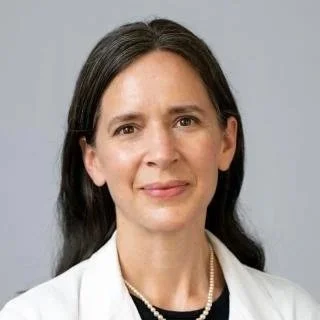
Diálogos with Dr. Lydia Dugdale
We will be welcoming Dr. Lydia Dugdale to discuss the art of dying well and the debate over assisted dying. We look forward to sharing more details as the event draws near. Join our newsletter for further information!
Lydia Dugdale, MD, MAR (ethics), is the Dorothy L. and Daniel H. Silberberg Professor of Medicine at the Columbia University Medical Center and Director of the Center for Clinical Medical Ethics. She also serves as Co-Director of Clinical Ethics at NewYork-Presbyterian Hospital/Columbia University Irving Medical Center.
Dr Dugdale’s scholarship focuses on end-of-life issues, the role of aesthetics in teaching ethics, moral injury, and the doctor-patient relationship. She edited Dying in the Twenty-First Century (MIT Press, 2015) and is author of The Lost Art of Dying (HarperOne, 2020), a popular press book on the preparation for death.
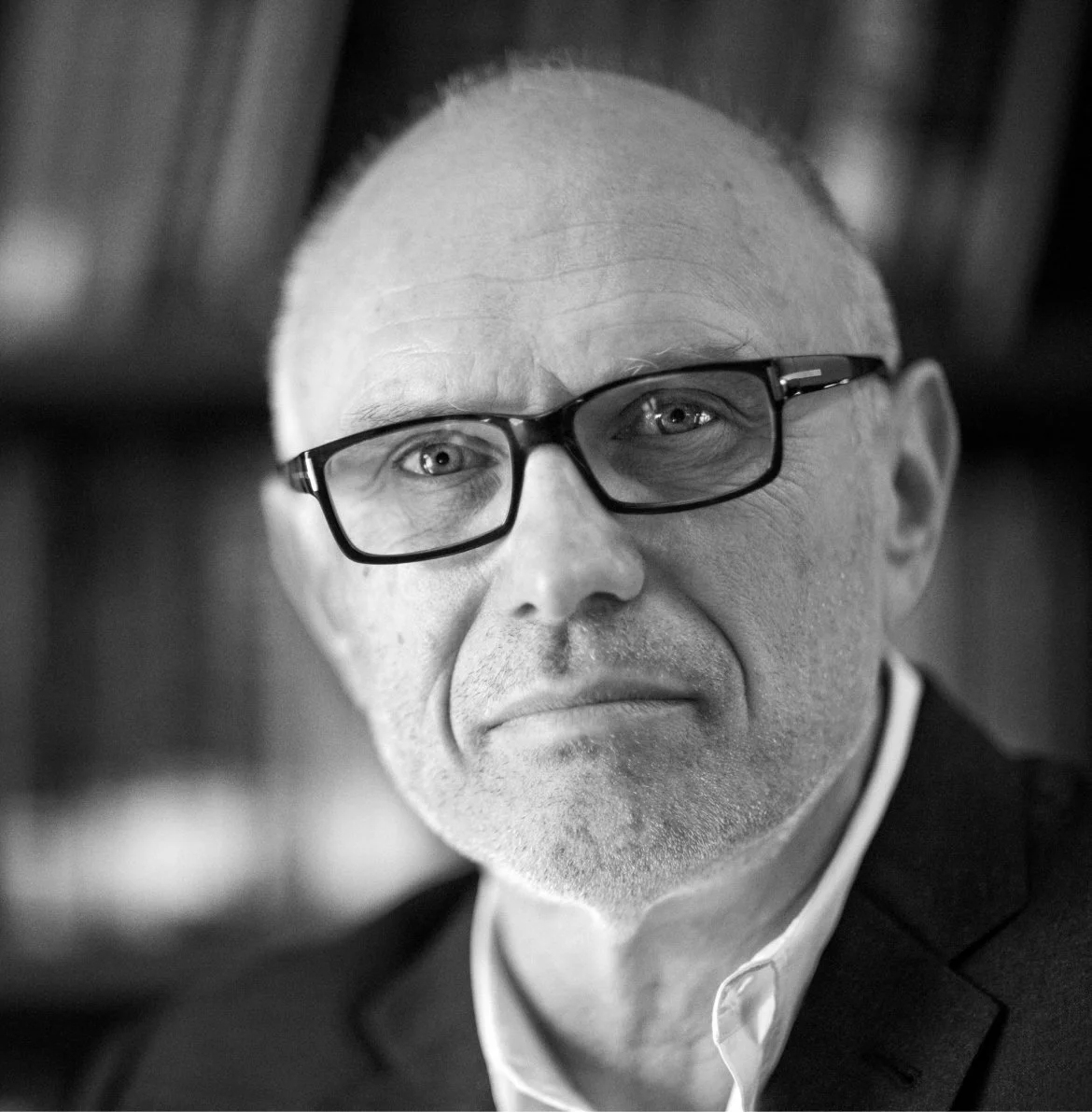
Diálogos with Miroslav Volf
We look forward to welcoming Miroslav Volf to campus for a thoughtful discussion on his latest book, The Cost of Ambition.
From sports and social media to education, business, and politics: Contemporary life is organized around the quest for superiority. We constantly compare ourselves to other people. We always know where we sit on whichever hierarchy is most relevant at a given moment. Often, our relationships with others flourish only as long as we hold envy at bay. How does ambition empower us — and what is it costing us?
WHAT TO EXPECT
Space is limited, so we ask that you RSVP to hold your spot:
If your plans change, please let us know so that we can open a chair for someone else.
We'll gather for a delicious dinner, followed a lecture from Miroslav Volf. Miroslav Volf is the Henry B. Wright Professor of Theology at Yale Divinity School and is the founder and director of the Yale Center for Faith and Culture. He was educated in his native Croatia, the United States, and Germany, earning doctoral and post-doctoral degrees (with highest honors) from the University of Tübingen, Germany.
Once Dr. Volf presents, we'll turn to a lengthy period of roundtable discussion about these complex questions. We see this discussion as the most important part of the evening, a chance to offer each other intellectual hospitality. You'll join a table with people you don't know yet, who you might share real disagreements with — and that's the point! We hope you'll make new friends and hear some new ideas.
SCHEDULE
5-5:30 pm: Reception
5:30 to 6:15 pm: Dinner
6:15 to 6:20 pm: Musical interlude
6:20 to 7:00 pm: Lecture from Miroslav Volf
7:00 to 7:45 pm: Roundtable discussions
7:45 to 8:15 pm: Q and A
8:15 to 8:20 pm: Musical conclusion

Diálogos: Can we stay human together online? with Sherry Turkle and Autumn Ridenour
What has happened to human relationships in a digital world? It’s now common rhetoric that the online world has irretrievably damaged the way people relate to each other — from high schoolers living on social media to political turmoil shaped by online algorithms.
But is the Internet the right scapegoat for our crises of loneliness and distrust? How can we repair our ruptured social bonds? Can we have healthy relationships without abandoning the Internet?
These questions are both ancient and modern; the technologies are new, while relational fracture is not. So the Octet Collaborative is drawing two scholars from both the ancient and modern traditions: a sociologist and a theologian. Sherry Turkle, Abby Rockefeller Mauzé Professor at MIT, brings her sociological and psychological expertise in the state of digital culture. Autumn Ridenour, Mockler Associate Professor at Gordon-Conwell Theological Seminary, brings a deep knowledge of the Augustinian philosophical tradition.

Diálogos: How Should we use (and build) Generative AI? with David Robinson
Join the Octet Collaborative for a conversation with David Robinson about the promises and pitfalls of the rapidly developing technology of generative AI.
David Robinson is the Head of Policy Planning at OpenAI, the artificial intelligence laboratory best known for developing ChatGPT. Prior to joining OpenAI, he was the Faculty Director of Apple University and a Consultant to the White House Office of Science and Technology Policy, working with the Science and Society team.
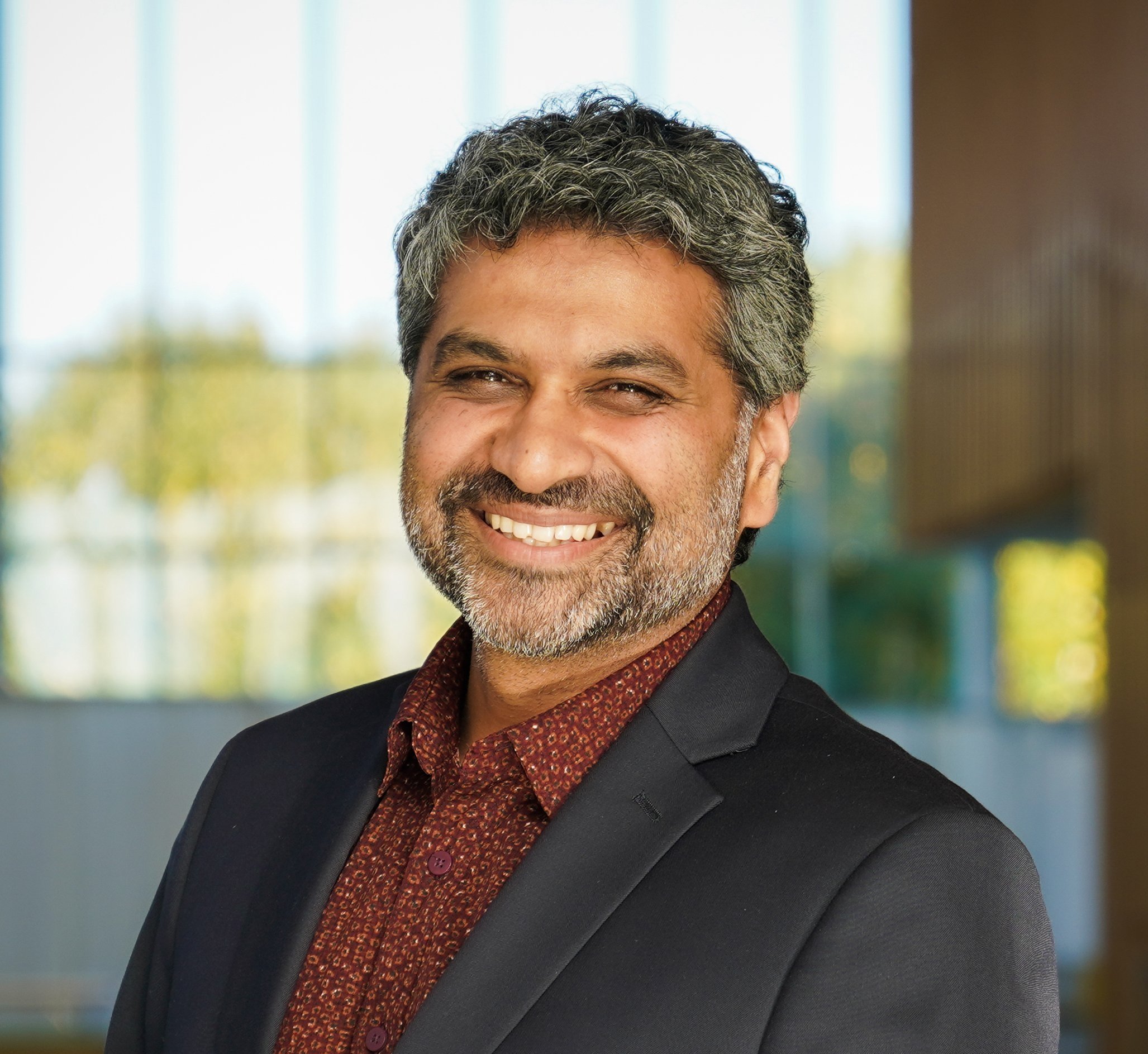
Diálogos: The Role of Faith in the University with Praveen Sethupathy
Come join the Octet Collaborative for a dialogue with Praveen Sethupathy, motivated by his personal journey and his current work as a leader in the field of genomics at Cornell University, about the role that faith plays in the life and work of the university and the scholars who animate its mission.
Praveen Sethupathy is Professor of Physiological Genomics in the Department of Biomedical Sciences and Director of the Center for Vertebrate Genomics at Cornell University, where he leads a research lab focused on genomic approaches to understand physiology and human disease. He received his BA degree from Cornell University and his PhD in Genomics from the University of Pennsylvania. After completing a post-doctoral fellowship at the National Human Genome Research Institute under the mentorship of NIH Director Dr. Francis Collins, he moved in 2011 to the University of North Carolina at Chapel Hill as an Assistant Professor in the Department of Genetics. The same year he was selected by Genome Technology as one of the nation’s top 25 rising young investigators in genomics. In 2017, he returned to Cornell University as an Associate Professor. Praveen has authored over 115 peer-reviewed publications in scientific journals such as PNAS, Cell and Science and has served as a reviewer for over 45 different journals. Recent honors include a faculty merit award for outstanding teaching and mentoring and the prestigious American Diabetes Association Pathway To Stop Diabetes Research Accelerator, which is awarded to only three people per year. Praveen is also dedicated to improving science communication and has served on the advisory board for the AAAS Dialogue on Science, Ethics, and Religion. Praveen’s laboratory is located on the 7th floor of the Research Tower on Tower Road. He lives in Brooktondale, NY with his wife and three children.

Diálogos: Kavin Rowe & Special Guest, in conversation about the Role and Work of the University
The Octet Collaborative is pleased to convene a conversation between Prof. C. Kavin Rowe and a special guest about the role and work of the university. What is the purpose of the knowledge generated and disseminated by MIT? What does it mean for MIT to form leaders of integrity? What role do communities of faith play in supporting the university in its vocation?
C. Kavin Rowe is the Vice Dean of the Faculty and the George Washington Ivey Distinguished Professor of New Testament. The second of three volumes of his collected essays has recently been published as Method, Context, and Meaning in New Testament Studies (Eerdmans, 2024). The first volume is Leading Christian Communities (Eerdmans, 2023). Rowe is the author of four other books: Christianity's Surprise: A Sure and Certain Hope (Abingdon, 2020), One True Life: the Stoics and Early Christians as Rival Traditions (Yale University Press, 2016), World Upside Down: Reading Acts in the Graeco-Roman Age (Oxford University Press, 2009, paperback 2010), and Early Narrative Christology (de Gruyter, 2006, repr. Baker Academic, 2009). He has published dozens of articles and essays, and co-edited The Word Leaps the Gap (Eerdmans, 2008) and Rethinking the Unity and Reception of Luke and Acts (University of South Carolina Press, 2010). He is on the editorial board of several international peer-review journals and has also frequently written articles for faithandleadership.com.
Rowe has been a Fulbright Scholar, Regional Scholar for the Society of Biblical Literature, chair of the Society’s Southeastern Region New Testament section, president of the Society's Southeastern Region, and was elected to the Studiorum Novi Testamenti Societas. He was awarded a Lilly Faculty Fellowship, a Christian Faith and Life Grant from the Louisville Institute, the John Templeton Prize for Theological Promise, the Paul J. Achtemeier Award, and a Distinguished Scholars grant from the McDonald Agape Foundation.
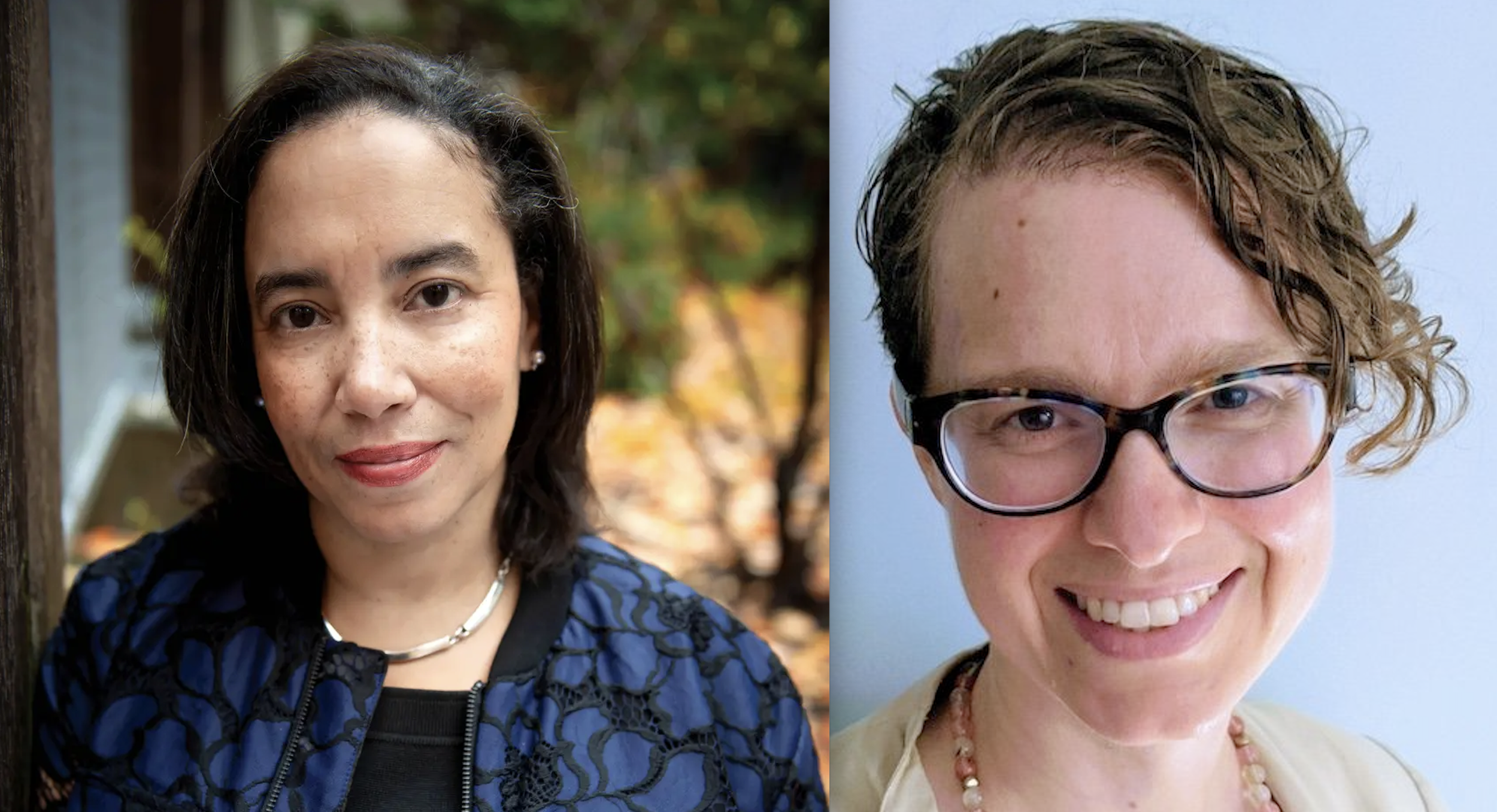
Diálogos: The Adolescent’s Transition to Adulthood - Nancy Hill in conversation with Thea Keith-Lucas
The self discovery process and finding one's identity has grown increasingly complicated with modern technologies like the internet and social media. While all generations have experienced the angst and the uncertainty of becoming adults, is Generation Z experiencing it differently? What is the transition from adolescence to adulthood like for today's youth? And how do the economic landscape and senses of opportunity shape one's perception of ability to reach goals? Does society characterize Generation Z unfairly? Nancy Hill of Harvard will deliver a presentation on this topic, followed by a discussion with Thea Keith-Lucas, MIT's Chaplain to the Institute.
Nancy Hill is a developmental psychologist whose research focuses on parenting and adolescent development. Hill’s research focuses in on two areas. First, she studies the ways race, socioeconomic status, and community context interact and impact youths’ opportunities for upward mobility, especially through secondary school and postsecondary transitions. Second, her research focuses on the relational supports and mechanisms associated with adolescents’ emerging sense of purpose and views of the economy as they influence post-secondary transitions to college and career. These include familial and school-based supportive relationships and how they support youth as they engage in school, succeed academically and hone their goals, aspirations, and sense of purpose. Hill is known for her work identifying developmentally sensitive strategies to maintain parental involvement in education during adolescence.
After seven years as MIT’s Episcopal Chaplain, Thea Keith-Lucas is the Chaplain to the Institute at MIT, which makes her the university’s primary interfaith chaplain and leader of its Office of Religious, Spiritual, and Ethical Life. She took on this role in January 2022 after serving in an interim capacity for a year and a half. From 2013 to 2020, Thea served a small community of progressive Christians as the Episcopal Chaplain at MIT. She was ordained as an Episcopal priest in 2006 and previously served parishes in Randolph, Mass. and Danvers, Mass.
This event is by invitation only. If you’re interested in attending, please email comm@octetcollaborative.org

Diálogos: Moral Formation in a Pluralistic Society
In an era of deep division and conflict, how should MIT think about the moral formation of its students? Does character matter, and should the university - particularly one focused on science and engineering such as MIT - play a role in building it? And how does one do so in a way that respects the pluralistic society that MIT happily supports? Join Prof. Jennifer Herdt and the Octet Collaborative for a thought-provoking conversation in pursuit of intellectual hospitality.
Jennifer A. Herdt is Gilbert L. Stark Professor of Christian Ethics at Yale University’s Divinity School. She is the author, most recently, of Assuming Responsibility: Ecstatic Eudaimonism and the Call to Live Well(link is external). Her 2019 book, Forming Humanity: Redeeming the German Bildung Tradition(link is external), was supported by a research fellowship from the Alexander von Humboldt Foundation. She is also the author of Putting on Virtue: The Legacy of the Splendid Vices (link is external)(selected as a Choice Outstanding Academic Title), and of Religion and Faction in Hume’s Moral Philosophy(link is external), and has published widely on virtue ethics, early modern and modern moral thought, and political theology. She serves on the editorial boards of the Journal of Christian Ethics, Studies in Christian Ethics, and the Journal of Religion, and served as the 2020 President of the Society of Christian Ethics. From 2013-2021, she served as the academic dean of Yale Divinity School. She is currently researching more-than-human creaturely agency as a senior member of a research team that has received a $3.9M, 3-year collaborative grant from the Templeton Foundation(link is external) in 2020 to pursue projects in science-informed theological anthropology.
This event is by invitation only. If you’re interested in attending, please email comm@octetcollaborative.org
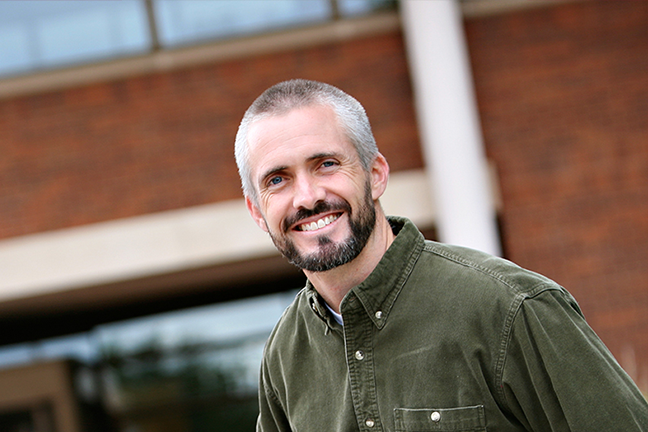
Diálogos: Conversations across Disagreement, Difference, and Discipline
What is the importance of academic collaboration across disciplines and lines of difference? How might the academic vocation be served - and better serve the common good - by the restoration of literal and figurative “common tables”? Join Prof. Alan Love and the Octet Collaborative for an evening of stimulating conversation and intellectual hospitality around a table of our own!
Alan C. Love, Ph.D., is a professor in the College of Liberal Arts at the University of Minnesota. He also serves as director of the Minnesota Center for Philosophy of Science. Love’s research focuses on conceptual issues in biology and has concentrated on evolutionary developmental biology (Evo-devo), developmental biology, molecular biology, and paleontology (among others). Love uses a combination of approaches to investigate a variety of philosophical questions concerning conceptual change, explanatory pluralism, knowledge structure, reductionism, the nature of historical science, and interdisciplinary epistemology. Other areas of interest include the role of history in philosophical research and the nature of intuitions generated by thought experiments in philosophical inquiry.
This event is by invitation only. If you’re interested in attending, please email comm@octetcollaborative.org
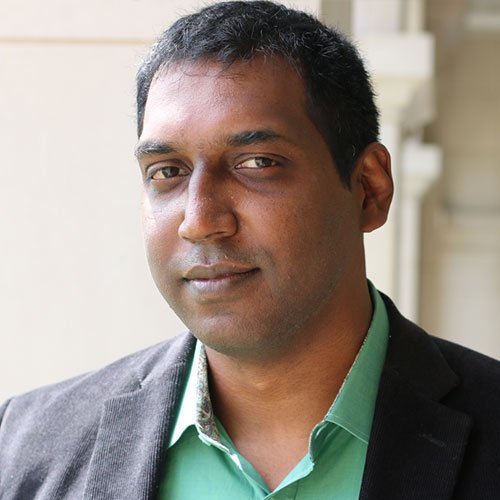
Diálogos: How Can Science Serve the Common Good?
At a moment when science is of pivotal importance in addressing societal problems, societal distrust of science is on the rise. What is the role of science and leading scientific institutions like MIT in restoring that trust and ensuring that science serves the common good? Join Dr. Joshua Swamidass and the Octet Collaborative for a discussion of this critical topic that pursues rigorous dialogue and intellectual hospitality.
Dr. S. Joshua Swamidass is an associate professor in the Division of Laboratory and Genomic Medicine at Washington University in St Louis. He holds an MD and PhD (Information and Computer Sciences) from the University of California, Irvine. Both a scientist and a physician, he uses computational methods to study information at the intersection of medicine, chemistry, and biology.
This event is by invitation only. If you’re interested in attending, please email comm@octetcollaborative.org
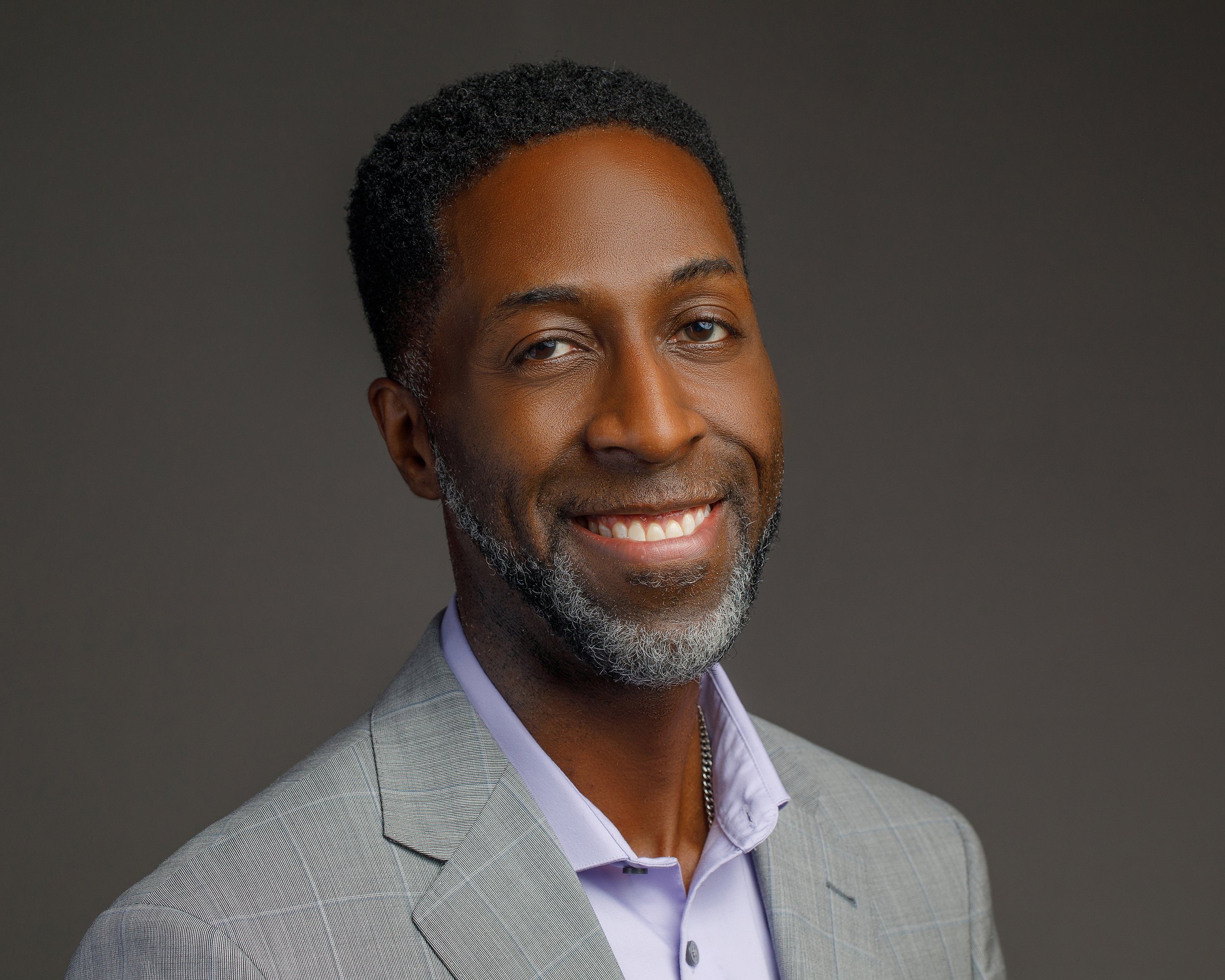
Diálogos: An Exploration of Mental Health with Nii Addy
Join the Octet Collaborative and Nii Addy for dinner and a discussion of mental health that engenders intellectual hospitality, open dialogue and a rigorous inspection of ideas. Open to MIT Faculty and Staff.
Nii Addy is the Albert E. Kent Associate Professor of Psychiatry and Associate Professor of Cellular and Molecular Physiology and the inaugural Director of Scientist Diversity and Inclusion at Yale School of Medicine. He is also Director of the Faculty Mentoring Program for Minority Organization for Recruitment and Expansion (MORE) and co-chair of the Career Development Subcommittee of the Anti-Racism Task Force in the Yale Department of Psychiatry. He contributes to graduate student and postdoctoral training and to diversity, equity, and inclusion initiatives through his efforts on campus and in scientific societies.
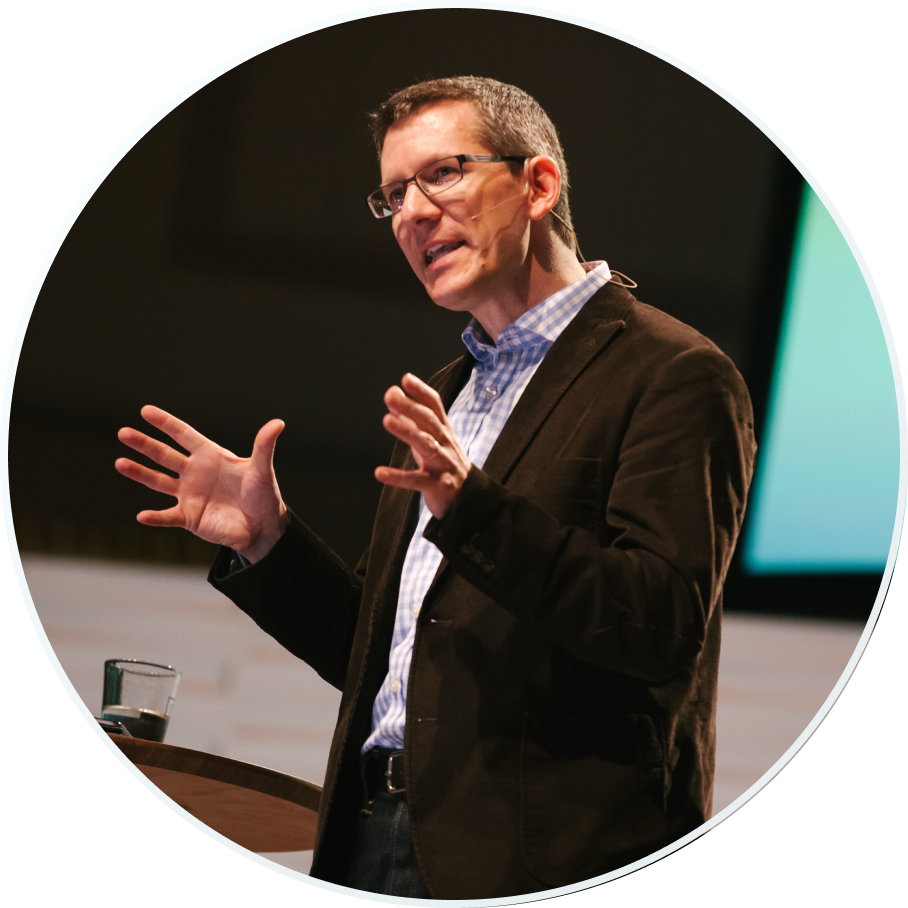
Diálogos: Sexuality, Gender, and Technology with Andy Crouch
Technological advances have impacted the deepest questions of what it means to be human. Join the Octet Collaborative and Andy Crouch for dinner and a discussion of technology, sexuality, and gender that engenders intellectual hospitality, open dialogue and a rigorous inspection of ideas. Open to MIT Faculty and Staff.
Andy Crouch is partner for theology and culture at Praxis, an organization that works as a creative engine for redemptive entrepreneurship. His writing explores faith, culture, and the image of God in the domains of technology, power, leadership, and the arts. He is the author of five books (plus another with his daughter, Amy Crouch): The Life We're Looking For: Reclaiming Relationship in a Technological World, The Tech-Wise Family: Everyday Steps for Putting Technology in Its Proper Place, Strong and Weak: Embracing a Life of Love, Risk and True Flourishing, Playing God: Redeeming the Gift of Power, and Culture Making: Recovering Our Creative Calling.
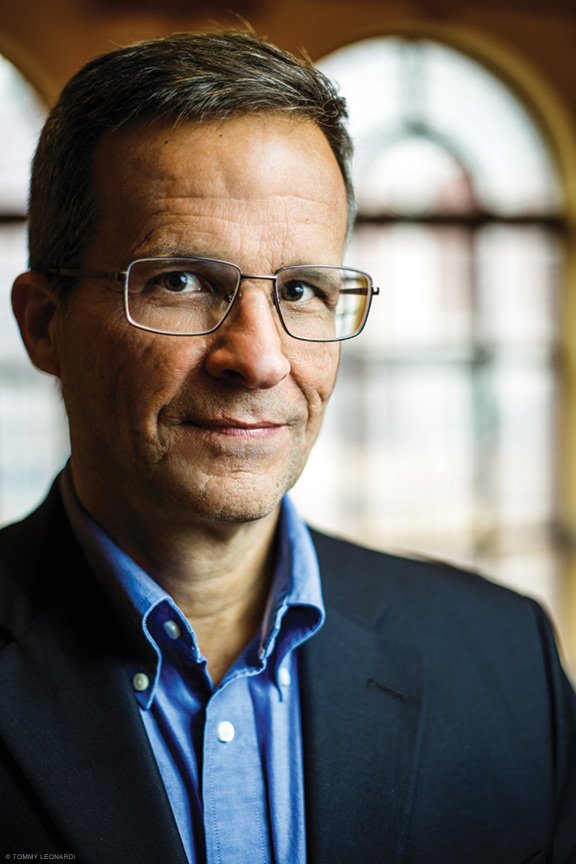
Diálogos: The Overturning of Roe v. Wade with David Skeel
There may be no more contentious issue in America - including among Christians - then the overturning of Roe v. Wade. Join the Octet Collaborative and legal scholar David Skeel for dinner and a discussion of abortion policy that engenders intellectual hospitality, open dialogue and a rigorous inspection of ideas. Open to MIT Faculty and Staff.
David Skeel is S. Samuel Arsht Professor of Corporate Law at the University of Pennsylvania Carey Law School. He is the author of True Paradox: How Christianity Makes Sense of Our Complex World (InterVarsity, 2014); The New Financial Deal: Understanding the Dodd-Frank Act and Its (Unintended) Consequences (Wiley, 2011); Icarus in the Boardroom (Oxford, 2005); Debt’s Dominion: A History of Bankruptcy Law in America (Princeton, 2001); and numerous articles on bankruptcy, corporate law, financial regulation, Christianity and law, and other topics.
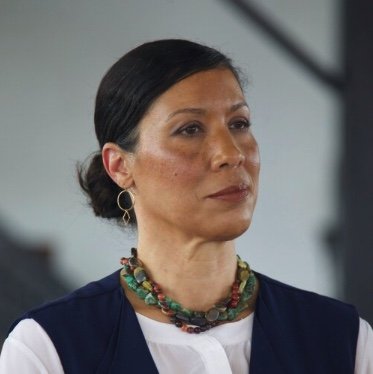
Diálogos: Love Your Neighbor - a Neuro-Theological Discussion of the Second Greatest Commandment with Christy Vines
Join the Octet Collaborative and Christy Vines for dinner and a discussion of race and difference that engenders intellectual hospitality, open dialogue and a rigorous inspection of ideas. Open to MIT Faculty and Staff.
Christy Vines, President and CEO of Ideos Institute, is a published writer, international speaker, and the executive producer of the 2022 documentary film, "Dialogue Lab: America," a moving take on the current state of division and polarization in America.
Past Events
Diálogos: The cost of ambition
with Miroslav Volf
February 12, 2026 - We were thrilled to welcome Miroslav Volf to campus for a thoughtful discussion on his latest book, The Cost of Ambition.
From sports and social media to education, business, and politics: Contemporary life is organized around the quest for superiority. We constantly compare ourselves to other people. We always know where we sit on whichever hierarchy is most relevant at a given moment. Often, our relationships with others flourish only as long as we hold envy at bay. How does ambition empower us — and what is it costing us?
Dr. Volf is the Henry B. Wright Professor of Theology at Yale Divinity School and is the founder and director of the Yale Center for Faith and Culture. He was educated in his native Croatia, the United States, and Germany, earning doctoral and post-doctoral degrees (with highest honors) from the University of Tübingen, Germany.
Diálogos: Can we stay human together online? with Sherry Turkle and Autumn Ridenour
October 6, 2025 - What has happened to human relationships in a digital world? It’s now common rhetoric that the online world has irretrievably damaged the way people relate to each other — from high schoolers living on social media to political turmoil shaped by online algorithms.
But is the Internet the right scapegoat for our crises of loneliness and distrust? How can we repair our ruptured social bonds? Can we have healthy relationships without abandoning the Internet?
These questions are both ancient and modern; the technologies are new, while relational fracture is not. So the Octet Collaborative invited two scholars from both the ancient and modern traditions: a sociologist and a theologian. Sherry Turkle, Abby Rockefeller Mauzé Professor at MIT, brings her sociological and psychological expertise in the state of digital culture. Autumn Ridenour, Mockler Associate Professor at Gordon-Conwell Theological Seminary, brings a deep knowledge of the Augustinian philosophical tradition.
Diálogos: How should we use - and build - generative AI?
April 22, 2025 - The Octet Collaborative hosted a conversation between David Robinson and Chris Meserole, Executive Director of Frontier Policy Forum, about social, security, and spiritual implications of how we are building and implementing frontier AI tools.
David Robinson is on the safety systems team at OpenAI, the artificial intelligence laboratory best known for developing ChatGPT. He was previously head of policy planning for OpenAI.. Prior to joining OpenAI, he was the Faculty Director of Apple University and a Consultant to the White House Office of Science and Technology Policy, working with the Science and Society team.
Diálogos: The Role of Faith in the University with Praveen Sethupathy
February 18, 2025 - The Octet Collaborative hosted a dialogue with Praveen Sethupathy, motivated by his personal journey and his current work as a leader in the field of genomics at Cornell University, about the role that faith plays in the life and work of the university and the scholars who animate its mission.
Praveen Sethupathy is Professor of Physiological Genomics in the Department of Biomedical Sciences and Director of the Center for Vertebrate Genomics at Cornell University, where he leads a research lab focused on genomic approaches to understand physiology and human disease. He received his BA degree from Cornell University and his PhD in Genomics from the University of Pennsylvania.
Diálogos: Sally Kornbluth & Kavin Rowe, in conversation about the Role and Work of the University
November 4, 2024 - The Octet Collaborative was pleased to convene a conversation between MIT President Sally Kornbluth, and Prof. C. Kavin Rowe of Duke Divinity School, about the role and work of the university. What is the purpose of the knowledge generated and disseminated by MIT? What does it mean for MIT to form leaders of integrity? What role do communities of faith play in supporting the university in its vocation?
Sally Kornbluth became MIT’s 18th president on January 1, 2023. She is a cell biologist whose eight-year tenure as Duke University’s provost earned her a reputation as a brilliant administrator, a creative problem-solver, and a leading advocate of faculty excellence and student wellbeing.
C. Kavin Rowe is the Vice Dean of the Faculty and the George Washington Ivey Distinguished Professor of New Testament. Rowe has been a Fulbright Scholar, Regional Scholar for the Society of Biblical Literature, chair of the Society’s Southeastern Region New Testament section, president of the Society's Southeastern Region, and was elected to the Studiorum Novi Testamenti Societas.
Diálogos: The Adolescent Transition to Adulthood - Prof. Nancy Hill in conversation with Rev. Thea Keith-Lucas
April 29, 2024 - The self discovery process and finding one's identity has grown increasingly complicated with modern technologies like the internet and social media. While all generations have experienced the angst and the uncertainty of becoming adults, is Generation Z experiencing it differently? What is the transition from adolescence to adulthood like for today's youth? And how do the economic landscape and senses of opportunity shape one's perception of ability to reach goals? Does society characterize Generation Z unfairly?
Nancy Hill is a developmental psychologist whose research focuses on parenting and adolescent development. Hill’s research focuses in on two areas.
After seven years as MIT’s Episcopal Chaplain, Thea Keith-Lucas is the Chaplain to the Institute at MIT, which makes her the university’s primary interfaith chaplain and leader of its Office of Religious, Spiritual, and Ethical Life. From 2013 to 2020, Thea served a small community of progressive Christians as the Episcopal Chaplain at MIT. She was ordained as an Episcopal priest in 2006 and previously served parishes in Randolph, Mass. and Danvers, Mass.
Diálogos: Are We in this Together? Cultivating the Virtues in a Pluralistic University, with Jennifer Herdt
February 15, 2024 - In an era of deep division and conflict, how should MIT think about the moral formation of its students? Does character matter, and should the university - particularly one focused on science and engineering such as MIT - play a role in building it? And how does one do so in a way that respects the pluralistic society that MIT happily supports? Prof. Jennifer Herdt led thought-provoking conversation in pursuit of intellectual hospitality. An essay by Prof. Herdt, summarizing many of the themes of her talk, may be downloaded here.
Jennifer A. Herdt is Gilbert L. Stark Professor of Christian Ethics at Yale University’s Divinity School. She is the author, most recently, of Assuming Responsibility: Ecstatic Eudaimonism and the Call to Live Well(link is external). She serves on the editorial boards of the Journal of Christian Ethics, Studies in Christian Ethics, and the Journal of Religion, and served as the 2020 President of the Society of Christian Ethics.
Diálogos: Conversations across Disagreement, Difference, and Discipline, with Alan Love
December 15, 2023 - What is the importance of academic collaboration across disciplines and lines of difference? How might the academic vocation be served - and better serve the common good - by the restoration of literal and figurative “common tables”? Dr. Alan Love led a discussion of the value of making the sacrifices necessary to preserve interdisciplinary dialogue and pursue intellectual hospitality.
Dr. Alan Love, Ph.D., is a professor in the College of Liberal Arts at the University of Minnesota. He also serves as director of the Minnesota Center for Philosophy of Science. Love’s research focuses on conceptual issues in biology and has concentrated on evolutionary developmental biology (Evo-devo), developmental biology, molecular biology, and paleontology (among others).
Diálogos: How Can Science Serve the Common Good? with Joshua Swamidass
October 19, 2023 - At a moment when science is of pivotal importance in addressing societal problems, societal distrust of science is on the rise. Dr. Joshua Swamidass led a conversation exploring the role of science and leading scientific institutions like MIT in restoring that trust, and ensuring that science serves the common good.
Dr. S. Joshua Swamidass is an associate professor in the Division of Laboratory and Genomic Medicine at Washington University in St Louis. He holds an MD and PhD (Information and Computer Sciences) from the University of California, Irvine. Both a scientist and a physician, he uses computational methods to study information at the intersection of medicine, chemistry, and biology.
Diálogos: an Exploration of Mental Health with Nii Addy
April 12, 2023 - A discussion of why investigations of faith and mental health have historically ignored and even feared one another, and the mutual benefit of bringing them into a united conversation
Nii Addy is the Albert E. Kent Associate Professor of Psychiatry and Associate Professor of Cellular and Molecular Physiology and the inaugural Director of Scientist Diversity and Inclusion at Yale School of Medicine. He is also Director of the Faculty Mentoring Program for Minority Organization for Recruitment and Expansion (MORE) and co-chair of the Career Development Subcommittee of the Anti-Racism Task Force in the Yale Department of Psychiatry. He contributes to graduate student and postdoctoral training and to diversity, equity, and inclusion initiatives through his efforts on campus and in scientific societies.
Diálogos: Sexuality, Gender, and Technology with Andy Crouch
February 23, 2023 - A discussion of how technology has impacted our deepest understanding of what it means to be human, and how we might enter into conversations about sexuality and gender with wisdom and compassion
Andy Crouch is partner for theology and culture at Praxis, an organization that works as a creative engine for redemptive entrepreneurship. His writing explores faith, culture, and the image of God in the domains of technology, power, leadership, and the arts. He is the author of five books (plus another with his daughter, Amy Crouch): The Life We're Looking For: Reclaiming Relationship in a Technological World, The Tech-Wise Family: Everyday Steps for Putting Technology in Its Proper Place, Strong and Weak: Embracing a Life of Love, Risk and True Flourishing, Playing God: Redeeming the Gift of Power, and Culture Making: Recovering Our Creative Calling.
Diálogos: The Overturning of Roe v. Wade with David Skeel
December 15, 2022 - A discussion of how we might pursue open and productive dialogue concerning abortion policy, and gain a better understanding of the intersection between faith, personal narratives, and politics
David Skeel is S. Samuel Arsht Professor of Corporate Law at the University of Pennsylvania Carey Law School. He is the author of True Paradox: How Christianity Makes Sense of Our Complex World (InterVarsity, 2014); The New Financial Deal: Understanding the Dodd-Frank Act and Its (Unintended) Consequences (Wiley, 2011); Icarus in the Boardroom (Oxford, 2005); Debt’s Dominion: A History of Bankruptcy Law in America (Princeton, 2001); and numerous articles on bankruptcy, corporate law, financial regulation, Christianity and law, and other topics.
Diálogos: Love Your Neighbor - a Neuro-Theological Discussion of the Second Greatest Commandment with Christy Vines
October 14, 2022 - A discussion of the neuroscience of tribalism and how we might engage in more civil dialogue about race and difference.
Christy Vines, President and CEO of Ideos Institute, is a published writer, international speaker, and the executive producer of the 2022 documentary film, "Dialogue Lab: America," a moving take on the current state of division and polarization in America.



